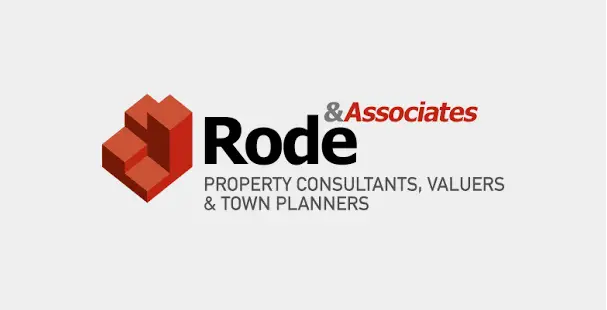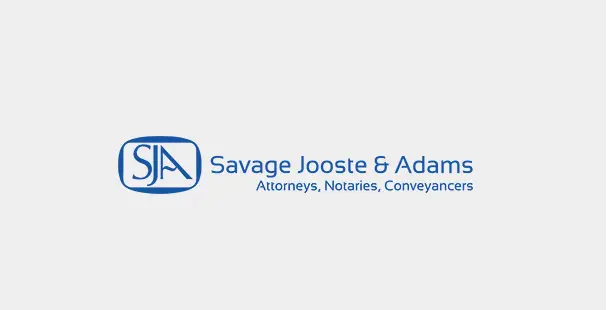When it comes to buying a property, most people will need to obtain a mortgage in order to finance the purchase. A mortgage is a loan that is used to purchase a property, and it is secured by the property itself. In this article, we’ll take a closer look at mortgage rates and terms, and what you need to know when considering a mortgage for your property purchase.
Mortgage Rates
The mortgage rate is the interest rate that is charged on the loan, and it is one of the most important factors to consider when choosing a mortgage. Mortgage rates can vary depending on a variety of factors, including the type of mortgage, the lender, and the borrower’s credit score.
There are two main types of mortgage rates: fixed and variable. A fixed rate mortgage has an interest rate that remains the same for the entire term of the loan, typically 15 or 30 years. A variable rate mortgage, on the other hand, has an interest rate that can fluctuate over time, based on changes in the market.
Mortgage Terms
The mortgage term is the length of time that the borrower has to repay the loan. Mortgage terms can vary widely, from as little as five years to as long as 30 years or more. The length of the term will have a significant impact on the monthly payment amount, as well as the total cost of the loan over time.
There are also several other factors to consider when choosing a mortgage, including:
- Down Payment: The down payment is the amount of money that the borrower puts down towards the purchase of the property. Generally, the larger the down payment, the lower the monthly payment will be.
- Closing Costs: Closing costs are the fees and expenses that are associated with the purchase of the property, including things like appraisal fees, title insurance, and legal fees. These costs can vary widely, and it’s important to factor them into the total cost of the loan.
- Credit Score: The borrower’s credit score will also play a role in determining the interest rate that is offered on the loan. Generally, borrowers with higher credit scores will be offered lower interest rates.
- Prepayment Penalties: Some mortgages may include prepayment penalties, which are fees that are charged if the borrower pays off the loan early. It’s important to understand any prepayment penalties that may be associated with the loan.
Understanding mortgage rates and terms is an essential part of the property buying process. By understanding the different types of mortgage rates, terms, and other factors to consider, buyers can choose a mortgage that fits their financial situation and goals. Always shop around for the best mortgage rates and terms, and be sure to factor in any additional fees or expenses that may be associated with the loan. By doing so, buyers can ensure that they are getting the best possible deal on their mortgage and making a sound financial investment.




















